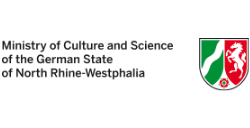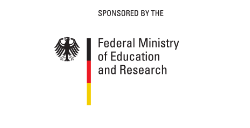History. The ornithological collection stretches across two centuries of ornithological research and collecting. Alexander Koenig, the museum’s founder and director, began collecting specimens in the 1870’s. His bird collection, and notably the bird egg collection, became the nucleus of today’s Museum Koenig. Being an avid collector, Alexander Koenig (1858-1940) invested both his wealth and his personal dedication to the expansion of the bird collection and the growth of the museum as a research institution. Since then, there have been stages of extensive growth resulting from acquisitions of large private collections. Exchanges of specimens and first-hand collecting added to both the diversification of the collection and expansion of specimen series.
Collection. The majority of the ornithological collection consists of dry-preserved specimens. Currently, there are about 76,000 study skins, 9,000 mounted specimens, 8,000 skeletons, 14,000 feather specimens as well as Germany’s largest egg collection which includes about 85,000 eggs. An additional 1,700 bird nests plus a few hundred alcohol specimens are also part of the collection. Cross-referenced sub-samples of organ or tissue material are maintained in the museum’s biobank. The type specimens in the ornithological collection represent 322 scientific bird names. The geographical foci of the collection are the Palaearctic, the Afrotropic and the Neotropic. Taxonomically, finches (Fringillidae), weavers (Ploceidae) and hummingbirds (Trochilidae) are very well-represented. Of significant scientific importance are local specimen series (study skins, feathers, eggs) that represent insightful cross-sections of population variations at a particular place and time. Using modern analytical methods, these series allow comparative studies with extant populations from the same single locality. The ongoing digitisation of the collection facilitates the physical and digital retrieval of specimens and their accompanying documentation.
Research. Currently, the Section Ornithology focuses on collection-based research in the fields of systematics, taxonomy, phylogenetics and zoogeography of birds using combined comparative methods (molecular genetics, morphology, ecology). However, our research is not limited to the museum’s collection. It also includes field work with a focus on the Horn of Africa, complementing the museum’s existing research and collection tradition in Afrotropical ornithology. The main emphasis of these studies is on endemic bird populations with limited or isolated distributions. Such research can only be realized in close collaboration with regional partners, ranging from universities to non-governmental organisations.









